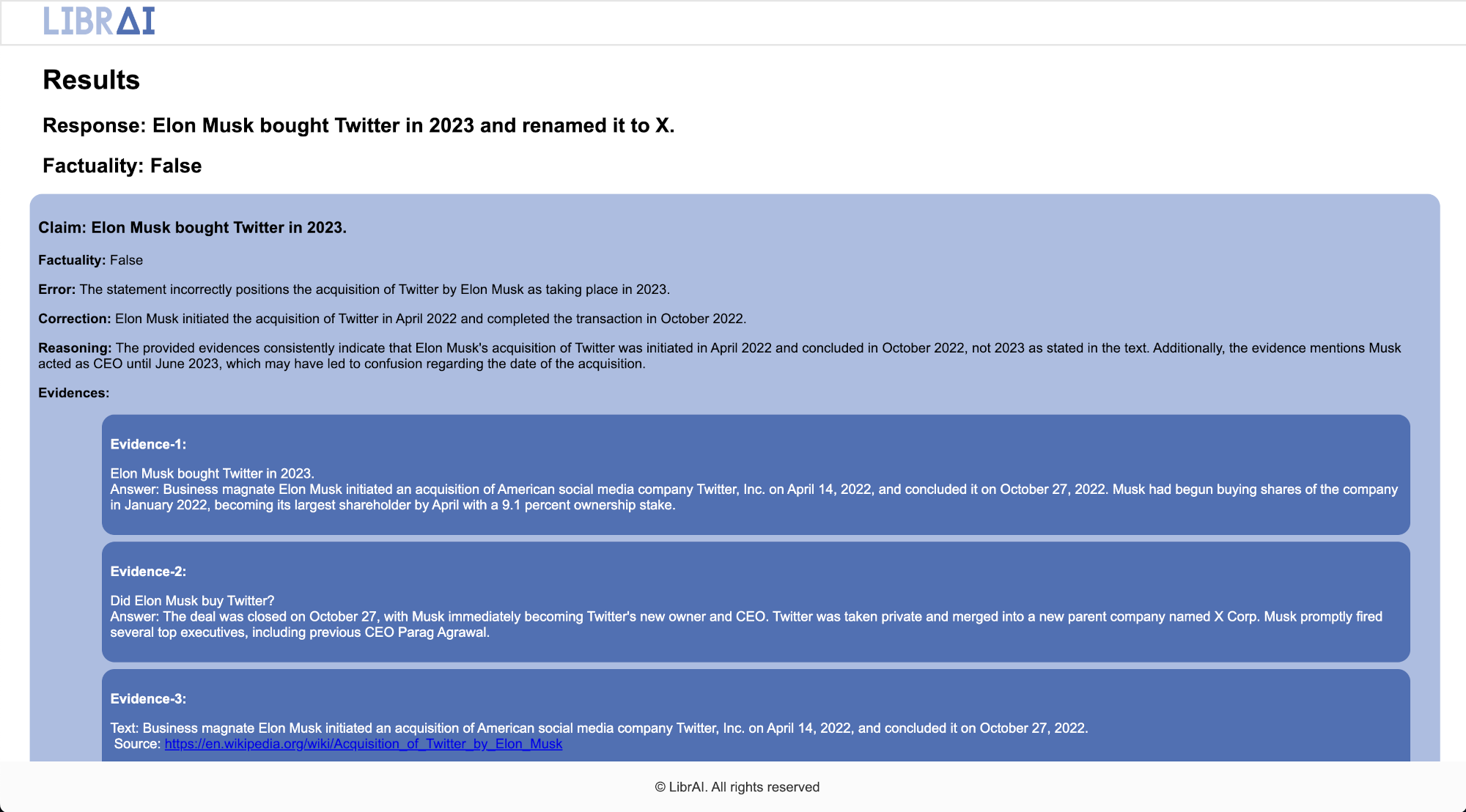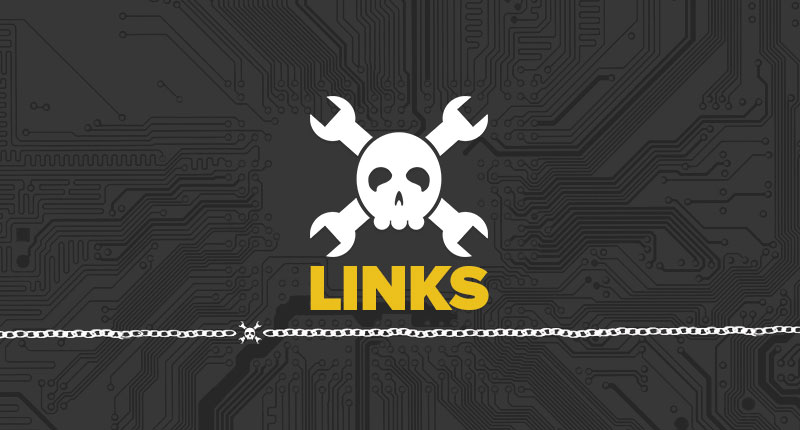Folks with a bit of knowledge about network security commonly use virtual private networks (VPNs) when out and about. Whether you’re connecting to public WiFi or somebody passes you a questionable Ethernet cable at a hacker con, it’s nice to have a secure endpoint to tunnel all of your traffic. As a secondary bonus, connecting through a VPN can obscure your physical location. It’s that second feature that has a bunch of people jumping on the VPN bandwagon as they try to dodge the recent porn age checks that have gone into effect in a number of states. According to a recent article in PopSci, one particular VPN provider saw a 275% jump in demand on the same day that PornHub cut off access to users in Texas. While the debate over underage users accessing adult content is far outside of our wheelhouse, anything that gets more users connecting to the Internet via encrypted means is arguably a net positive.
If you wanted somebody from the Geek Squad to set up that VPN so you can get back on PornHub to work securely from the local coffee shop, you might be out of luck. Reports have been coming in that Best Buy’s mobile nerd division is seeing sweeping layoffs. Geeks were told to stay home on Tuesday and await a call from corporate, at which point many got the surprising news that they no longer had a job. The /r/GeekSquad subreddit has been a rallying point for staff who got the axe, with the user [jaym026] posting what we assume is an AI-generated inspirational speech from Optimus Prime. Of course, it sucks for anyone to lose their job, especially with the way things are these days. Still, we’re willing to bet almost none of those affected will look back on the day they were let go from an increasingly irrelevant brick-and-mortar electronics store as a low point in their professional careers.
Speaking of having your job eliminated… We recently came across a new AI project that’s sure to replace somebody — Loki, an open-source tool for fact verification from LibrAI. From the documentation, it looks like the project ingests various online information sources, filters out vague and ambiguous statements, and then runs your question through whatever’s left. It doesn’t just tell you when a statement is false. It can also provide a correction it can back up with multiple linked sources. Though we’re generally critical of relying on AI for anything serious, an open tool that can verify facts and provide references sounds much better than an IDE plugin that generates janky Python code.
 In other software news, we hear that the Team-Kodi PPA was unexpectedly retired last week. This was a popular way for users on Ubuntu and related Linux distributions to access pre-compiled builds of the open-source entertainment hub that started life as a front-end for playing videos on the original Xbox. In its place, the team is looking to provide Kodi builds as a Flatpak, which, at least in theory, would apply to more Linux users since it doesn’t rely on any particular package format. While we imagine those looking to get Kodi installed on their device will figure it out one way or another regardless of how it’s packaged up, it’s an interesting data point for how software is being distributed on Linux these days. Love them or hate them, more and more big-name software projects are moving over to some type of universal containerized executable. Good thing storage is cheap.
In other software news, we hear that the Team-Kodi PPA was unexpectedly retired last week. This was a popular way for users on Ubuntu and related Linux distributions to access pre-compiled builds of the open-source entertainment hub that started life as a front-end for playing videos on the original Xbox. In its place, the team is looking to provide Kodi builds as a Flatpak, which, at least in theory, would apply to more Linux users since it doesn’t rely on any particular package format. While we imagine those looking to get Kodi installed on their device will figure it out one way or another regardless of how it’s packaged up, it’s an interesting data point for how software is being distributed on Linux these days. Love them or hate them, more and more big-name software projects are moving over to some type of universal containerized executable. Good thing storage is cheap.
Finally, we’d like to point out a particularly clever joke included in the April edition of the European Space Agency’s Near-Earth Object Coordination Centre (NEOCC) newsletter. Noting that journalists take particular delight in comparing the size of space rocks to random Earthly creatures, the NEOCC recommended publications adopt the Standardised Giraffe Unit (SGU). The rest of the document lists the size of various near-Earth objects in the new standard. At the end you’ll find a handy conversion chat for those who are still thinking in the outdated corgi or duck metrics. We recommend updating your research papers accordingly.

















The ducks seem to represent an outlier in the Anatidae family, and should be revised. Everyone knows that most duck species rarely excede two bananas.
Seven swans a-swimming?
Six geese a-laying?
Four Calling birds?
Three French hens?
Two turtle doves?
That’d make for festive meteor, and very expensive one too.
And a hacker in a fruit tree!
What about plantains ??
I’m very concerned about the animals they’re using – the ducks are 1m and the peacocks are 3m big! Did they get them from Kong Island?!
Not sure about the ducks, but the newsletter does explain that reference peacocks are male and the 3 m size includes their tails.
The 7m tall elephants are also rather concerning.
I thought everyone already knew that ducks were only useful units for measuring the density of witches
> anything that gets more users connecting to the Internet via encrypted means is arguably a net positive
This seems much more likely to lead people connecting through shady VPNs and increased offering of such VPNs. Now you are not just vulnerable to monitoring by your own ISP and government (still possible with VPN unless you have really good opsec), but also by the VPN company, their ISP and their government.
I suspect many people will have been exposed to so much marketing and advertising from big players like SurfShark or NordVPN that when they think “hey, I need a VPN to keep getting my porn” they will immediately think of the companies they have seen all the ads for and pick one of those just because it’s the one they have heard of.
Everyone remembers that Arthur C. Clarke predicted communications satellites. Fewer remember that he also predicted that one of their earliest applications would be bypassing ground -based restrictions on pornography…
Economics abhors a vacuum.